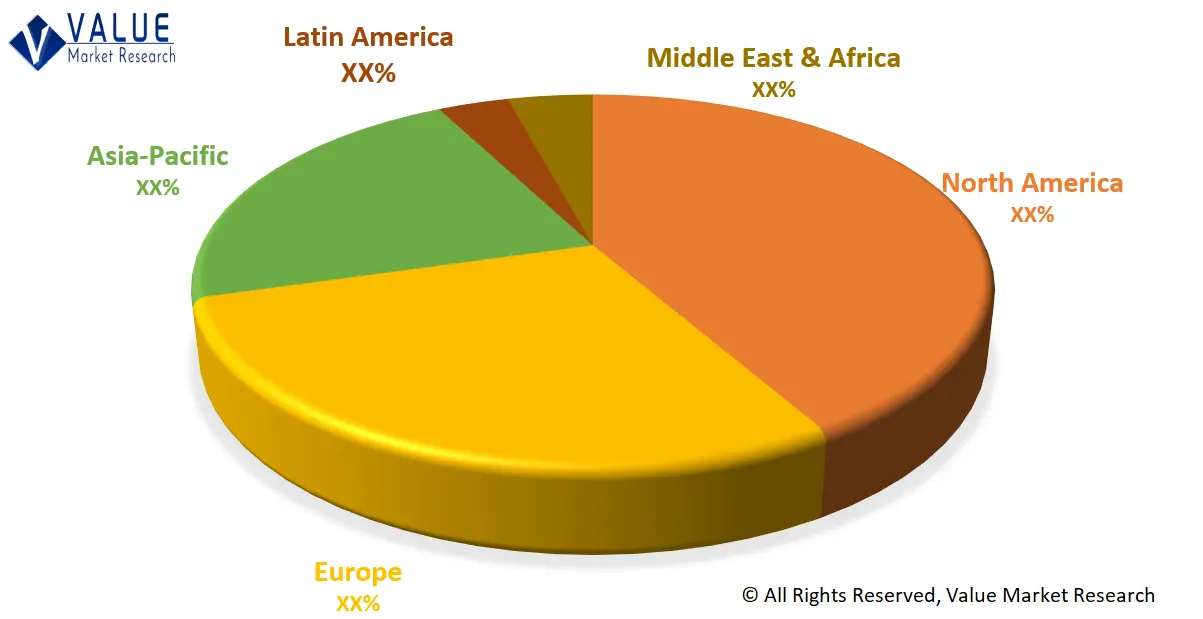The global demand for Antibody Drug Conjugates Contract Manufacturing Market is presumed to reach the market size of nearly USD 41.56 BN by 2030 from USD 12.66 BN in 2022 with a CAGR of 16.02% under the study period 2023 - 2030.
Antibody drug conjugates contract manufacturing refers to the outsourcing of the production of ADCs to a third-party manufacturer. This can be an attractive option for biotech and pharmaceutical companies that do not have the necessary expertise or resources to produce ADCs in-house. Antibody drug conjugates (ADC) contract manufacturing can also help reduce the costs associated with drug development and production. The steps involved in the production of ADCs, include developing the monoclonal antibody, selecting and synthesizing the cytotoxic drug, and conjugating the two components.
Market Dynamics
One of the major drivers is the growing prevalence of cancer. As the demand for cancer treatments grows, there is likely to be an increase in the demand for ADCs and, in turn, for ADC contract manufacturing services. Along with this, the growing trend towards personalized medicine will likely increase the demand for ADCs and, therefore, for ADC contract manufacturing services. Furthermore, the increasing number of ADC clinical trials and the approval of new ADC products by regulatory agencies boost the market growth. However, the regulatory requirements may limit the market growth.
The research report covers Porter's Five Forces Model, Market Attractiveness Analysis, and Value Chain analysis. These tools help to get a clear picture of the industry's structure and evaluate the competition attractiveness at a global level. Additionally, these tools also give an inclusive assessment of each segment in the global market of antibody drug conjugates contract manufacturing. The growth and trends of antibody drug conjugates contract manufacturing industry provide a holistic approach to this study.
Market Segmentation
This section of the antibody drug conjugates contract manufacturing market report provides detailed data on the segments at country and regional level, thereby assisting the strategist in identifying the target demographics for the respective product or services with the upcoming opportunities.
By Condition
- Myeloma
- Lymphoma
- Breast Cancer
- Others (Urothelial Cancer)
By Linker
- Cleavable Linker
- Non-Cleavable Linker
Regional Analysis
This section covers the regional outlook, which accentuates current and future demand for the Antibody Drug Conjugates Contract Manufacturing market across North America, Europe, Asia-Pacific, Latin America, and Middle East & Africa. Further, the report focuses on demand, estimation, and forecast for individual application segments across all the prominent regions.
Global Antibody Drug Conjugates Contract Manufacturing Market Share by Region (Representative Graph)

The research report also covers the comprehensive profiles of the key players in the market and an in-depth view of the competitive landscape worldwide. The major players in the antibody drug conjugates contract manufacturing market include Sterling, Recipharm AB, Lonza, Catalent Inc., Sartorius AG, Wuxi Biologics, Samsung BioLogics, Piramal Group (Piramal Pharma Solutions), Abbvie Inc. (Abbvie Contract Manufacturing), Merck KGaA. This section consists of a holistic view of the competitive landscape that includes various strategic developments such as key mergers & acquisitions, future capacities, partnerships, financial overviews, collaborations, new product developments, new product launches, and other developments.
In case you have any custom requirements, do write to us. Our research team can offer a customized report as per your need.

